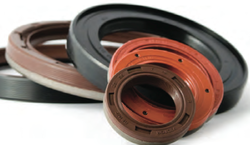 Seals & Gaskets
Seals & Gaskets In the 1930s, manufacturers pioneered the custom manufacturing of elastomers. Common seal materials today include nitrile (buna-n [nBr]), neoprene, silicone, ethylene acrylic, polyacrylate and fluoroelastomer. Each material offers different strengths and weaknesses throughout different temperature ranges.
Nitrile seals, better known as buna-n (nBr), are common in automotive applications due to their low cost and good resistance to oil, water, grease and other substances. However, nBr offers poor resistance to ozone and weather aging. ethylene acrylic and polyacrylate are often used in transmission and power- steering units.
Wherever seals are installed and whatever they are made of, proper lubrication is required to maximize life and performance. Seal compatibility is achieved by selecting the proper base oils and additives that cause seals to swell at a slow, controlled rate over their usable lives. This allows the seal material to take the place of worn material to prevent premature leakage. Seal conditioners help keep seal materials supple to prevent them from becoming brittle and causing leaks. For example, valve seals prevent oil from entering the cylinder during the intake stroke. A dry, brittle seal may allow oil to leak past the seal and burn during combustion, causing the engine to use oil.
Years ago, many erroneously believed synthetic oils were too slippery and leaked past seals. However, field studies and real-world use by countless motorists prove otherwise. Put to the test in a Las Vegas taxi cab driven over 100,000 miles in severe service, AMSOIL Signature Series 0W-20 Synthetic Motor Oil (ASM) and AMSOIL Signature Series Multi-Vehicle Synthetic Automatic Transmission Fluid (ATF) delivered excellent protection for seals and offered reliable, no-leak protection. See the Las Vegas Taxi Cab Field Study (g3118) for details. AMSOIL synthetic lubricants are formulated and tested to be fully compatible with modern seal materials. They deliver excellent seal protection and compatibility, helping them function properly throughout their service lives.
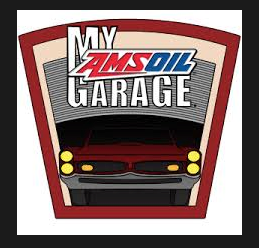
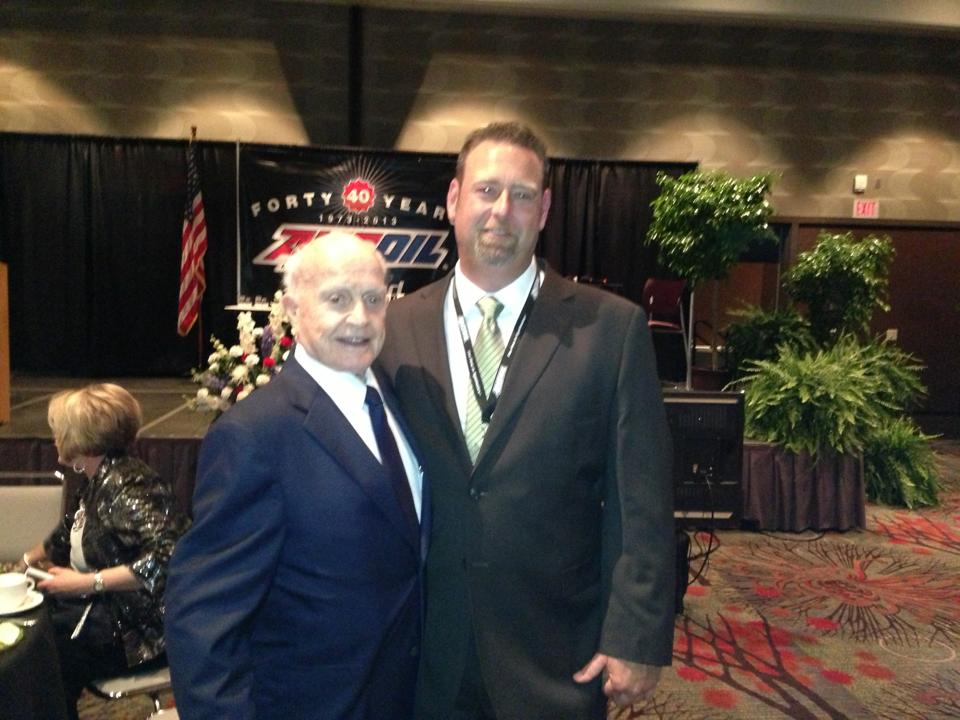
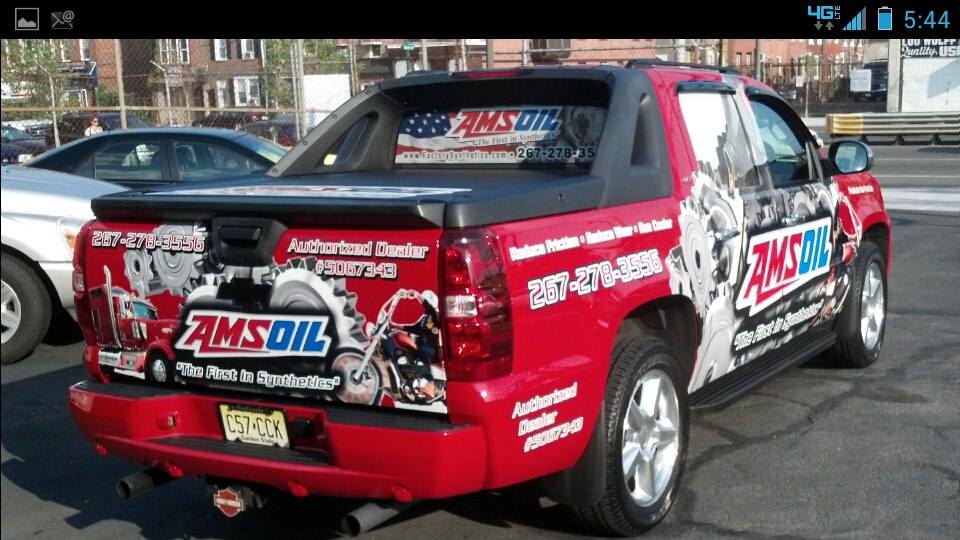
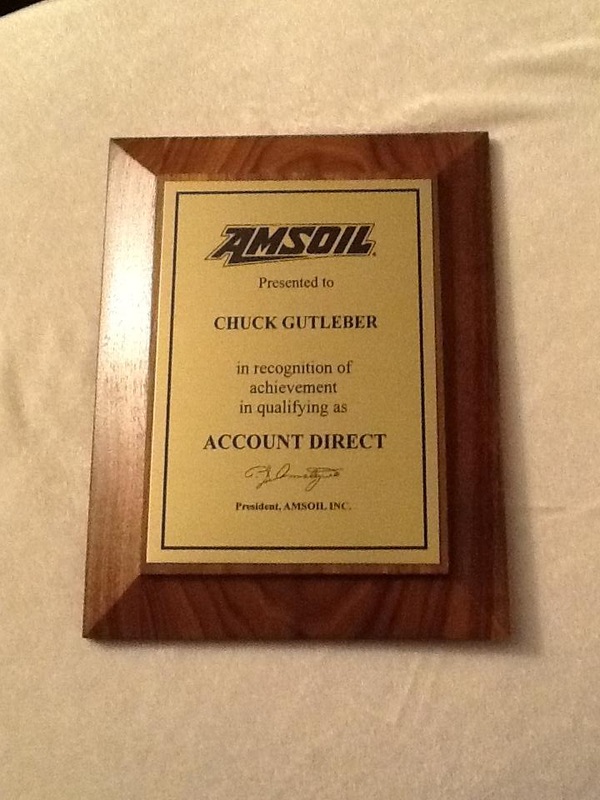
 RSS Feed
RSS Feed
